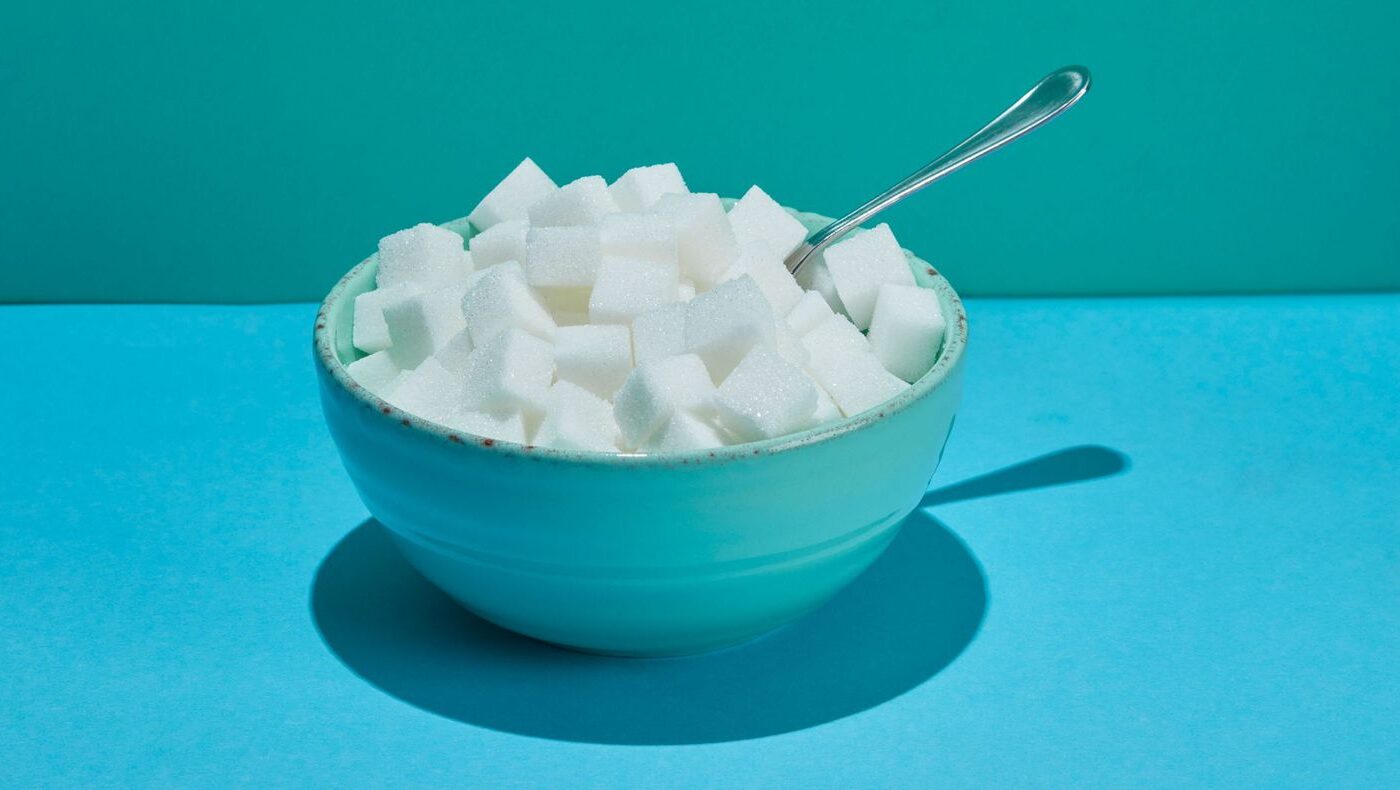In an exciting development, scientists at the University of California, Davis, in collaboration with the Mars Advanced Research Institute, have made a major breakthrough in the production of low-calorie sugar substitutes. This discovery has the potential to revolutionize the industry by addressing one of the main obstacles to the widespread adoption of these alternatives: production costs.
The sugar substitute in question, known as allulose or D-psicose, is a naturally occurring rare sugar that offers a viable alternative to sucrose. It possesses a similar taste, texture, and functionality, making it an attractive option for individuals looking to reduce their sugar intake. Using a natural process found in microorganisms, the researchers have developed a method for high-yield and high-purity production through precise fermentation. This advancement could significantly enhance the affordability and accessibility of these products.
Allulose provides approximately 70% of the flavor and sweetness of sucrose, but it is minimally metabolized by the body. By incorporating allulose into food products, individuals can reduce their calorie intake from sugar while still satisfying their desire for sweet flavors. Furthermore, allulose has a negligible impact on blood glucose and insulin levels.
Shota Atsumi, a professor of chemistry at UC Davis and the corresponding author on the paper published in npj Science of Food, expressed the significance of this achievement, stating, “Allulose is a great alternative to sugar, but we have not had a cost-effective way to manufacture it. Our new method is efficient, economically feasible, and could be scaled up for commercial production.”
The new approach boasts a theoretical yield of over 99% with high purity, requiring minimal processing to isolate the desired product. Unlike current methods of allulose production, which are limited to lower levels of yield and purity, this breakthrough eliminates the need for expensive separation techniques to isolate allulose from the glucose and fructose starting materials.
Redirecting the existing process, the team led by Atsumi, along with Ph.D. candidate Jayce Taylor, Professor Justin Siegel, and other colleagues from the Department of Chemistry and the Mars Advanced Research Institute, sought a more efficient way to manufacture allulose. They identified an industrial microorganism that possessed the necessary enzymes to produce allulose, though it was not utilizing them in that manner.
By editing the organism’s metabolism, the researchers were able to activate its ability to convert glucose into allulose. The cells effectively consumed all the glucose they were provided and converted it into allulose at an impressive concentration, yielding over 60% and displaying a purity of over 95%. These results outperformed existing production methods.
“Atsumi explained, “Once flux was redirected, it turns out the cells have everything they need to do it; they just needed to be turned on, and undesired pathways turned off.”
UC Davis has already filed patent applications for the process and modified organisms. The researchers are collaborating with a commercial partner to explore opportunities for scaling up the production process.
This groundbreaking discovery could potentially pave the way for the mass production of low-calorie sugar substitutes, making them more accessible and affordable for consumers. By offering a cost-effective method for producing allulose, the researchers have brought us one step closer to a healthier and more sustainable sugar alternative.
*Note:
1. Source: Coherent Market Insights, Public sources, Desk research
2. We have leveraged AI tools to mine information and compile it




